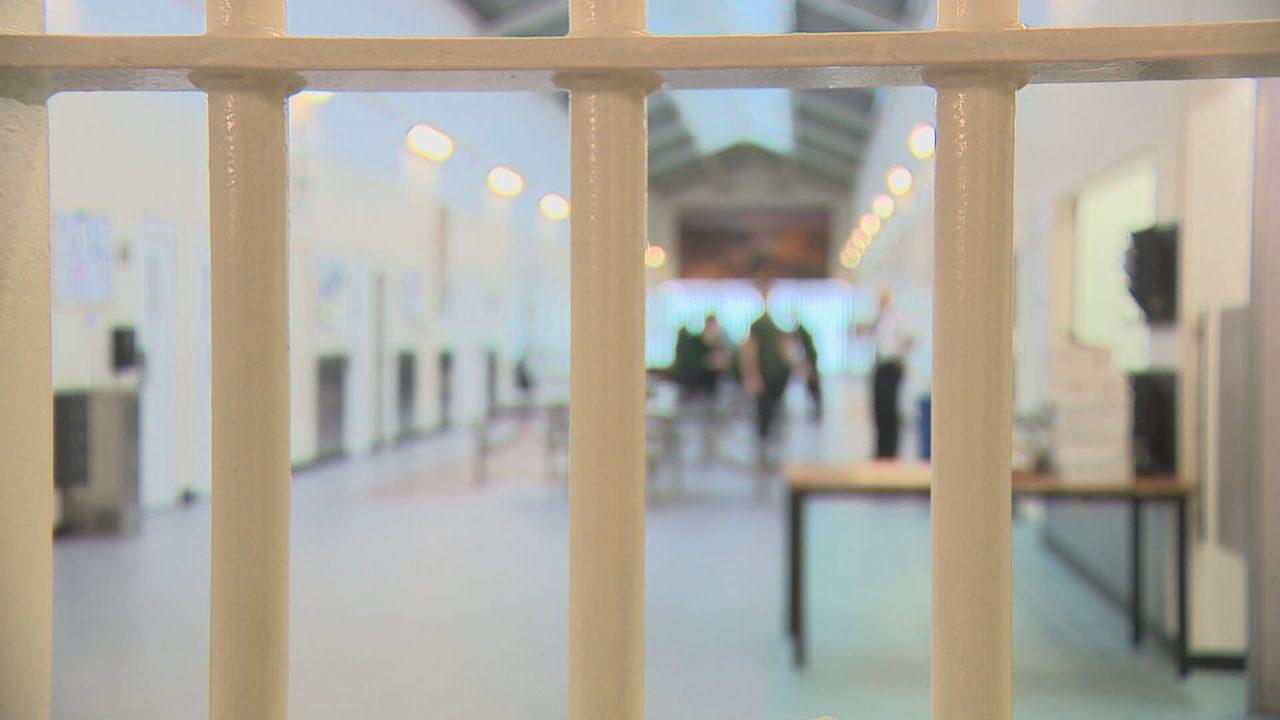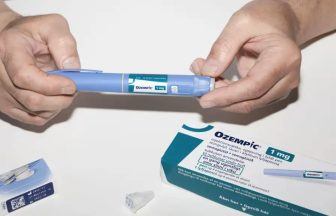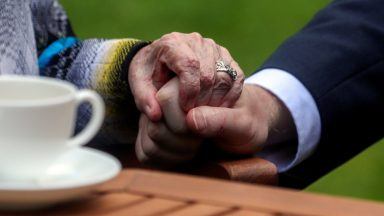The head of a victim support group has said electronic monitoring tags need to provide “better safeguards” as official figures show more than 5,800 people in Scotland were issued with monitoring orders last year.
The Scottish Government figures, obtained via a freedom of information request by 1919 Magazine, show that between April 1 2023 and March 31 2024, a total 5,801 orders for the fitting of electronic monitoring tags were issued.
This is an increase of 14% on the previous year’s figure of 5,082 and the highest figure for at least the last five years.
The number of women issued with orders rose from 591 to 722 – an increase of 22% – while the number of people aged under 18 fell from 95 to 88, a fall of about 7.5%
Meanwhile, the number of men rose from 4,491 to 5,079 – an increase of 13%.
The increase comes as hundreds of prisoners are set to be released under emergency legislation which will see the automatic release point in sentences for those serving less than four years reduced from 50% to 40%.
The legislation was proposed to help tackle overcrowding in Scotland’s prisons, but will not allow the early release of those convicted of sexual or domestic violence offences.
The Government has also said it is looking to expand the use of electronic monitoring within the criminal justice system as a way of supporting rehabilitation and reducing reoffending.
Electronic tags are used as alternatives to custody or to remotely monitor curfews and conditions of an order or licence from a court or the prison service – though some have questioned their effectiveness.
In an interview with 1919 Magazine, Kate Wallace, chief executive of Victim Support Scotland, said: “With prison populations at an all-time high, we know that measures must be taken to reduce the number of people in prison, including alternatives to custody such as electronic tagging.
“However, these solutions need to be fit for purpose and actively prioritise the safety of victims and the wider public.
“Worryingly, we have heard anecdotal evidence of people evading home detention curfew measures and harassing victims.
“We do have concerns about the effectiveness of electronic tagging and have called for investment in the home detention curfew and monitoring technology, such as the introduction of more accurate GPS tracking, to provide better safeguards.”
Scottish Conservative justice spokesman Liam Kerr said: “With jails bursting at the seams and tagging at a record high, the SNP’s reactive and reductionist approach is in disarray.
“There is a place for electronic monitoring, but it cannot be a replacement when custodial sentences are required.
“The Scottish Government’s long-term failure to take a holistic, strategic approach to Scotland’s justice system is leading to ever more dependence on monitoring whether it’s the right alternative or not.”
A Scottish Government spokesperson said: “Courts and other justice authorities consider electronic monitoring to be a reliable and appropriate tool to support a person living in the community rather than being held in custody.
“Confidence in electronic monitoring can be seen through the high use being made of the measure.
“Public safety and any potential risk to victims are key factors in determining suitability for electronic monitoring and that informs what curfews or restrictions away from particular places may need to be put in place.”
Follow STV News on WhatsApp
Scan the QR code on your mobile device for all the latest news from around the country


 STV News
STV News

























